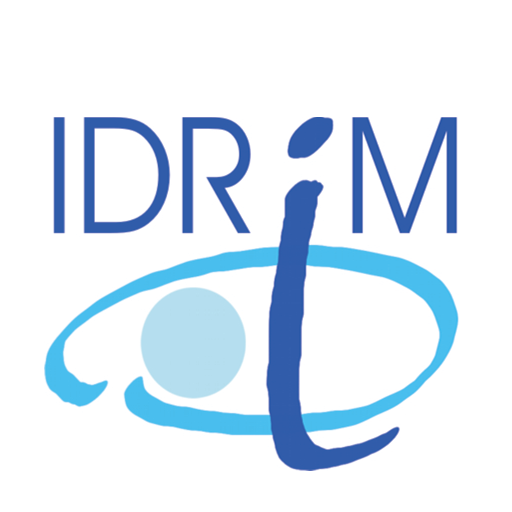IDRiM2025 encompasses the following topics, preferably focusing on islands and remote areas although other contributions, for example concerning urban areas, will be also considered.
Understanding disaster risk
- (Disaster) Risk assessment at a local level considering global flows and trends
- Frameworks to bridge knowledge and practice, fostering collaborative approaches to risk assessment
- Coastal and mountain hazards and risks in the era of climate change
- All-of-society engagement and participation for better risk and disaster data
- Citizen science for disaster risk reduction
- Sharing risk knowledge amongst different geo-administrative levels, sectors, communities, and scientific fields
- Spatial and temporal dimensions of hazard, exposure, vulnerability and disaster risk
- Comparing disaster response and recovery capacities in remote vs. non-remote areas
Strengthening disaster risk governance towards reducing and managing disaster risk in islands and remote areas
- All-of-society disaster risk reduction and management
- Risk awareness, information and communication leaving no one behind
- Capacity-building for participatory and risk-informed decision-making
- Science-policy-practice-community collaboration in disaster reduction and management
- Developing capacities and knowledge towards a resilient future
- Policies for enhancing individual, community and institutional disaster resilience and climate change adaptation
- Risk governance structures that integrate implementation science to enhance cross-sectoral collaboration and coordination
Investing in disaster risk reduction and resilience in islands and remote areas
- Sustainable and resilient infrastructure, tools and systems to improve accessibility
- Incentivizing private sector investment and engagement in disaster risk reduction
- Innovative investments and financing mechanisms for islands and remote areas
- Mainstreaming disaster risk reduction towards local development
- Risk informed investment in islands and remote areas, focusing on health, transport and tourism
- Investing in Nature based Solutions for disaster risk reduction and climate change adaptation
- Comparing approaches to infrastructure resilience in remote and non-remote areas
Improving disaster preparedness and response – “Build Back Better”
- Multi-Hazard early warning systems considering local priorities and challenges
- Emergency evacuation and relocation through the lens of sustainable development
- Information and Communication Systems for crisis and disaster management
- Disaster recovery and reconstruction of historic / traditional settlements and areas
- Build Back Better from disaster
- Inclusive preparedness, response, recovery and reconstruction
- Leveraging resilience to hazards and sustainability through disaster reconstruction
- Learning from disasters
- Embedding adaptive processes in disaster preparedness and emergency response efforts
Overall, we welcome contributions from around the world, related to disaster risk assessment, reduction and management; risk perception and communication; risk governance; crisis and emergency management; disaster preparedness and response; disaster recovery and reconstruction; climate change adaptation; resilience to hazards and disasters; sustainable development and disaster risk reduction.
